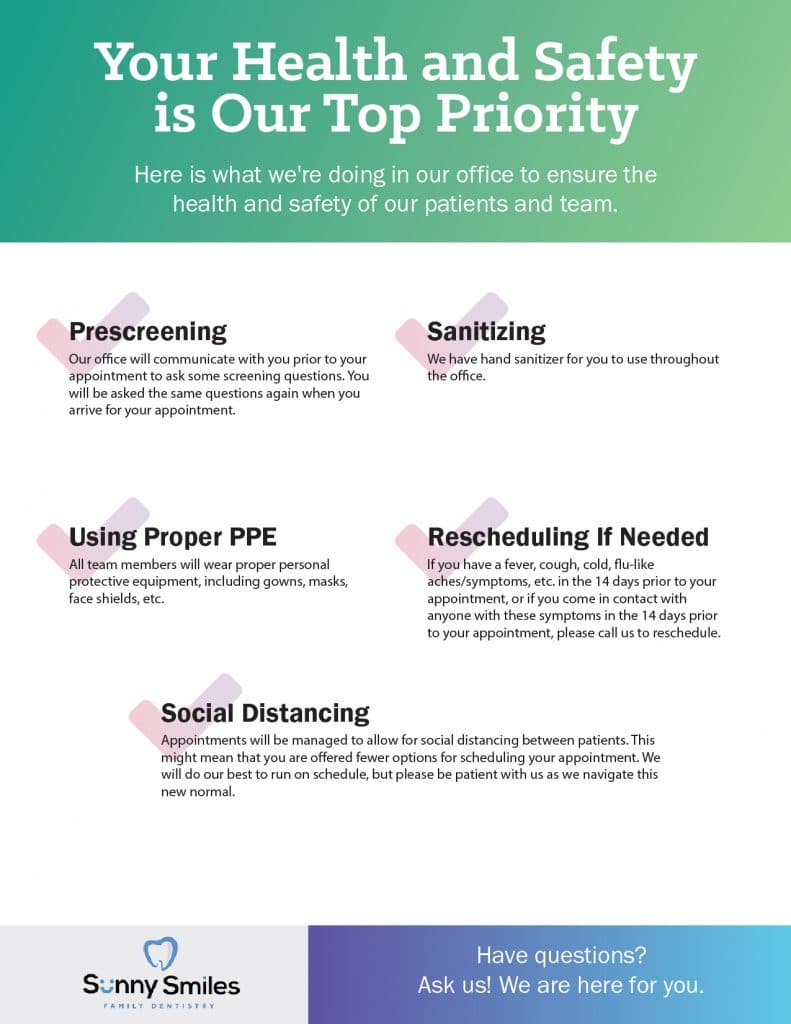 It’s one of the most common dental diseases today (next to tooth decay), and gum disease is the leading cause of adult tooth loss. However, that’s only the beginning why gum disease shouldn’t be taken lightly. Aside from losing teeth, severe gum disease can also lead to increased risks of other chronic health conditions, especially those that involve unchecked inflammation. Fortunately, you have a number of options for preventing gum disease, even if its precursor – gingivitis – has already settled into your gums.
It’s one of the most common dental diseases today (next to tooth decay), and gum disease is the leading cause of adult tooth loss. However, that’s only the beginning why gum disease shouldn’t be taken lightly. Aside from losing teeth, severe gum disease can also lead to increased risks of other chronic health conditions, especially those that involve unchecked inflammation. Fortunately, you have a number of options for preventing gum disease, even if its precursor – gingivitis – has already settled into your gums.
The Leading Cause of Tooth Loss
Gum disease affects the gum and periodontal tissues that protect and support the roots of your teeth. Underneath your gums lies the jawbone that holds the roots, and in severe cases, gum disease can also affect this foundation. The problem for many patients is that gum disease symptoms, like bleeding and swollen gums, are often ignored until they become serious, at which point gum disease has likely progressed far enough to cause irreversible damage. The erosion of your gums and jawbone can become so severe that one or more of your teeth are left without adequate support, making tooth loss or tooth extraction inevitable.
Oral-Systemic Health: Going Beyond Your Smile
As an oral disease, gum disease actually begins as a minor infection in your gums, caused by excessive oral bacteria (found in plaque and tartar). Specific bacteria are notorious for causing unchecked inflammation in your gums, and when your gums bleed, these microbes can enter the bloodstream and travel to other areas of the body. As a result, studies have shown that prolonged, untreated gum disease can prove a significant factor in issues like cardiovascular disease, rheumatoid arthritis, and other chronic inflammatory health conditions.




